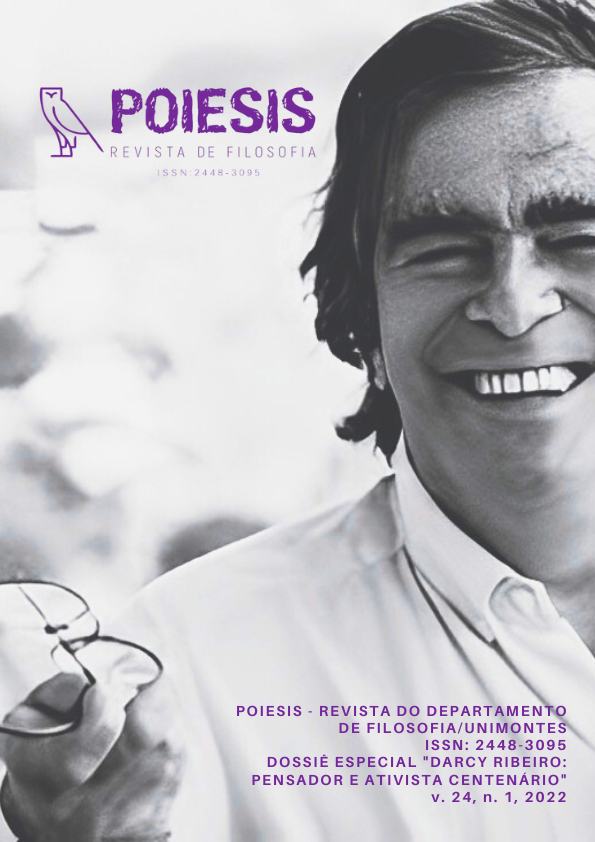THE RELEVANCE OF INTUITIVE KNOWLEDGE IN SCHOPENHAUER: A SPECIFIC CRITICISM OF KANT'S THEORY OF KNOWLEDGE
Keywords:
Empirical Intuition, Abstract Knowledge, Understanding, Representation, Causality.Abstract
The Transcendental Aesthetics, according to Schopenhauer's appreciation, is the most
coherent and original part of Kant's philosophy, so much so that the theory of time and space is
maintained in Schopenhauer's theory of knowledge as a priori forms of the sensibility. However, in
relation to Transcendental Analytics, Schopenhauer does not make an affirmative appreciation. He
denies the whole of Analytics, considering it the most failed part of Kant's philosophy, because in it,
he not only maintained the gap about empirical intuition (which was not well clarified in Aesthetics)
but also submitted it in its twelve categories. In his text Crítica da filosofia kantiana, Schopenhauer
presents his arguments against the Kantian exposition about the cognitive process, which has its roots
in the determination that intuition has a purely sensitive character and that because of it, based on it, it
is not possible to cogitate knowledge properly speaking, this knowledge is for Kant a task that belongs to the Understanding with its twelve categories. What Schopenhauer intends to mark is the priority of
intuitive knowledge in relation to abstract knowledge. It is at this point that he thought it necessary to
distinguish abstract knowledge from intuitive knowledge. And here, we approach the real reason that
led Schopenhauer to reject the Kantian theory, namely, the lack of distinction between these two
dimensions of knowledge.
Downloads
References
CACCIOLA, M.L.M.O. Schopenhauer e a questão do dogmatismo. São Paulo: Edusp/Fapesp, 1994.
KANT, Immanuel. Crítica da razão pura. 4ª edição. Lisboa: Fundação Calouste Gulbenkian, 1997.
SCHOPENHAUER, Arthur. O mundo como vontade e como representação. São Paulo: UNESP, 2005.
Downloads
Published
How to Cite
Issue
Section
License
Copyright (c) 2023 Revista Poiesis

This work is licensed under a Creative Commons Attribution-NonCommercial-NoDerivatives 4.0 International License.





.png)

